Asia, home to 60% of the world's population and utilizing only 23% of global agricultural land, features small farms averaging 1 hectare, with over 60% used for rainfed agriculture. Notably, Asia leads in cultivating essential crops: chickpea (80%), pigeonpea (87%), groundnut (40%), sorghum (15%), and millets (33%), with ICRISAT at the forefront of their breeding. Collaborating with South Asian Association for Regional Cooperation (SAARC) and the Association of Southeast Asian Nations (ASEAN), we have introduced nearly 500 improved crop varieties, boosting productivity, climate resilience, and farmer incomes, primarily in India.
ICRISAT's role extends beyond breeding. We innovate and share tailor-made agricultural technologies for dryland challenges. Partnering with communities, institutions, and governments, we empower smallholders, enhance sustainability, bolster food security, and uplift livelihoods. Through alliances, capacity-building, and knowledge exchange, ICRISAT is dedicated to reshaping Asian dryland agriculture for inclusive, sustainable growth, reinforcing resilient farming systems.

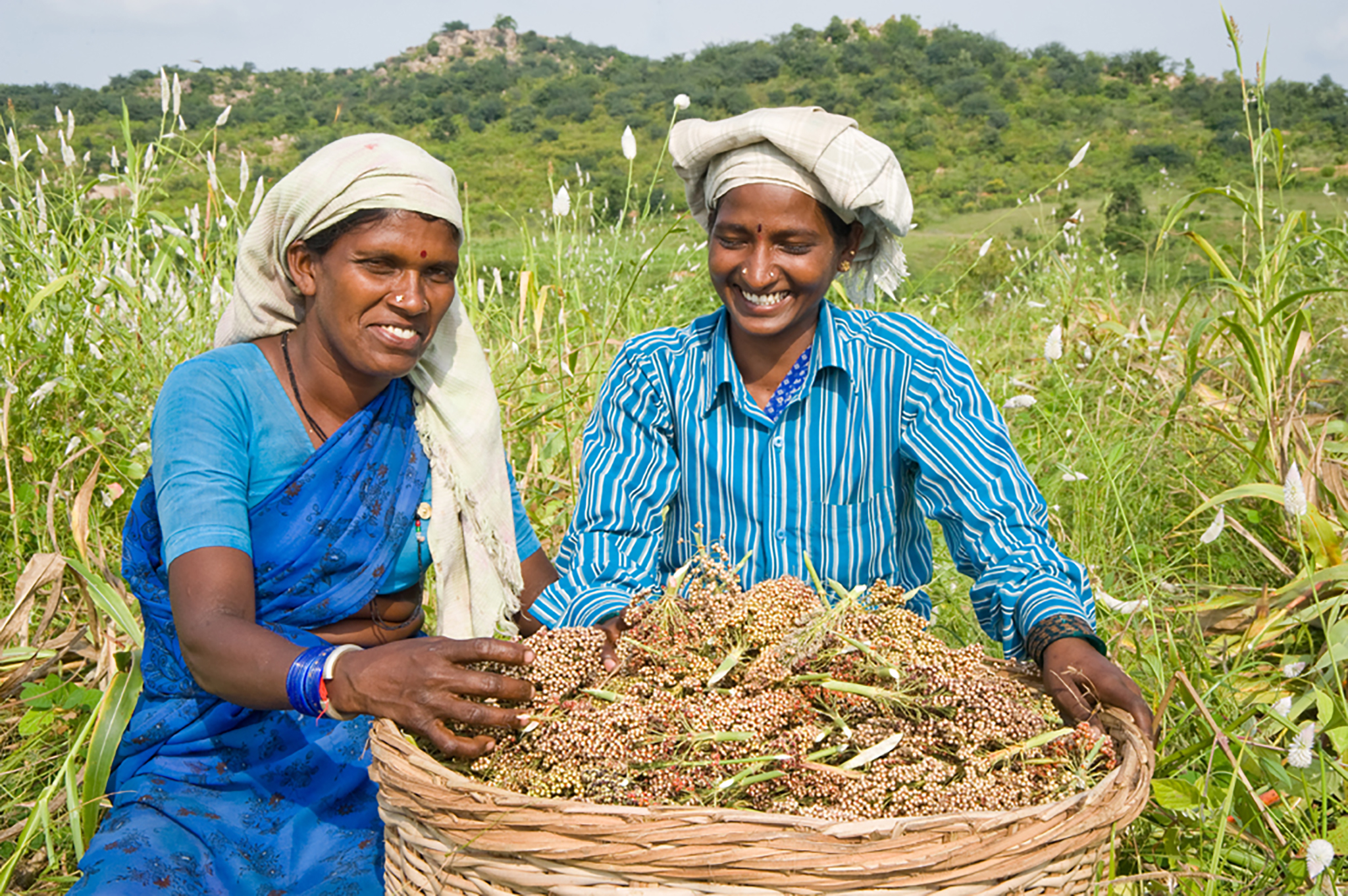
ICRISAT's enduring collaboration with the Government of India spans decades and is dedicated to fortifying agriculture, food security, and battling malnutrition. By introducing innovative technologies and knowledge, ICRISAT bolsters Indian agriculture and farmer welfare. A highlight is the UN recognition of India's proposal for 2023 as the "International Year of Millets," highlighting the impactful outcomes of this fruitful partnerships.
Together, ICRISAT and the Government of India champion millets as a nutritious, climate-resilient food, amplifying global support for sustainable agriculture and nutrition. This evolving alliance addresses emerging challenges and propels agricultural research, sustainable practices, and farmer well-being nationwide.
The collaboration between the ICRISAT and China began in May 1988 with a Memorandum of Understanding (MoU) between ICRISAT and the Chinese Academy of Agricultural Sciences (CAAS). This partnership has since expanded to include institutions like the Beijing Genomics Institute (BGI), Liaoning Academy of Agricultural Sciences (LAAS), Guizhou Academy of Agricultural Sciences (GZAAS), and Guangxi Academy of Agricultural Sciences (GXAAS). Together, we empower impoverished communities beyond subsistence farming through improved practices, enhancing agricultural productivity, sustainability, and resilience. Our collaborative efforts integrate advanced research methodologies and tailored solutions, promoting sustainable agricultural development and exemplifying international cooperation. Through joint research, capacity-building, and knowledge sharing, we positively impact China's agricultural sector.
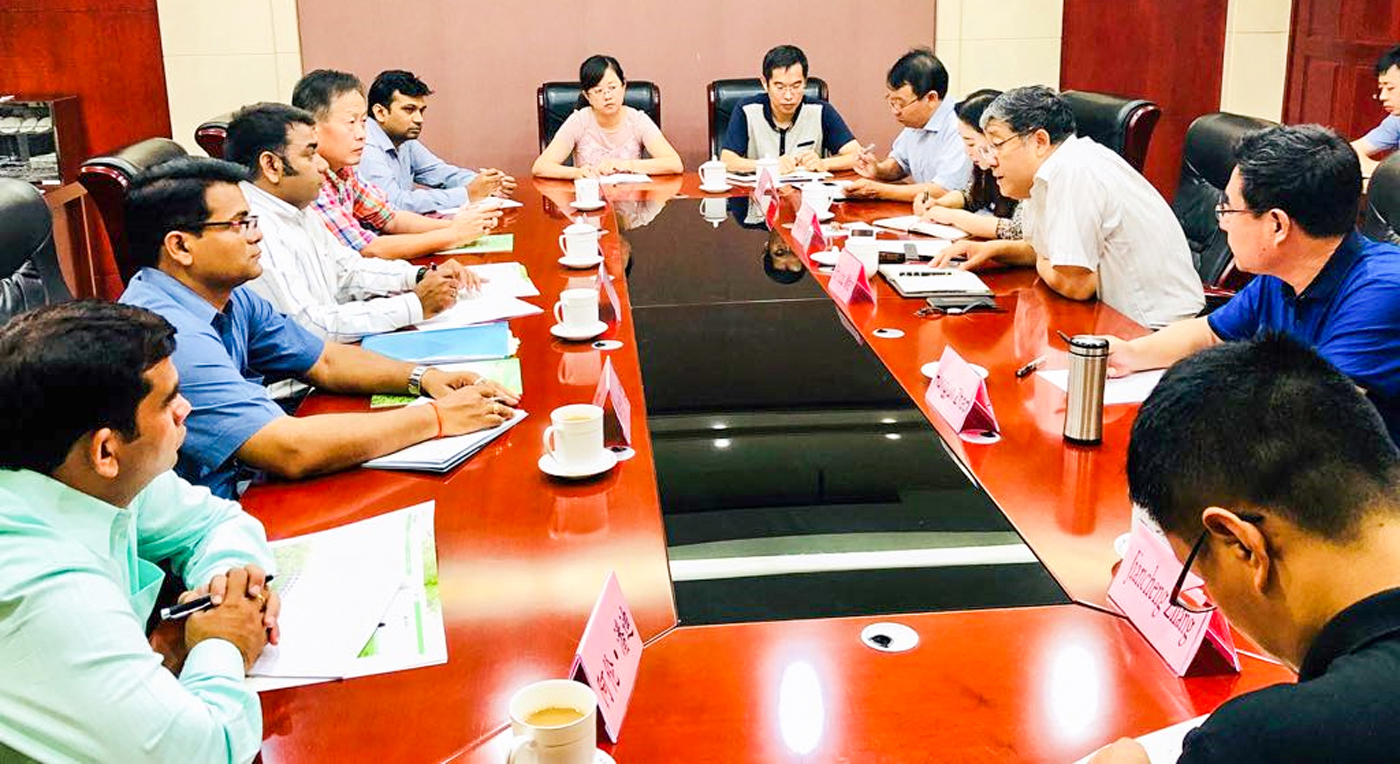
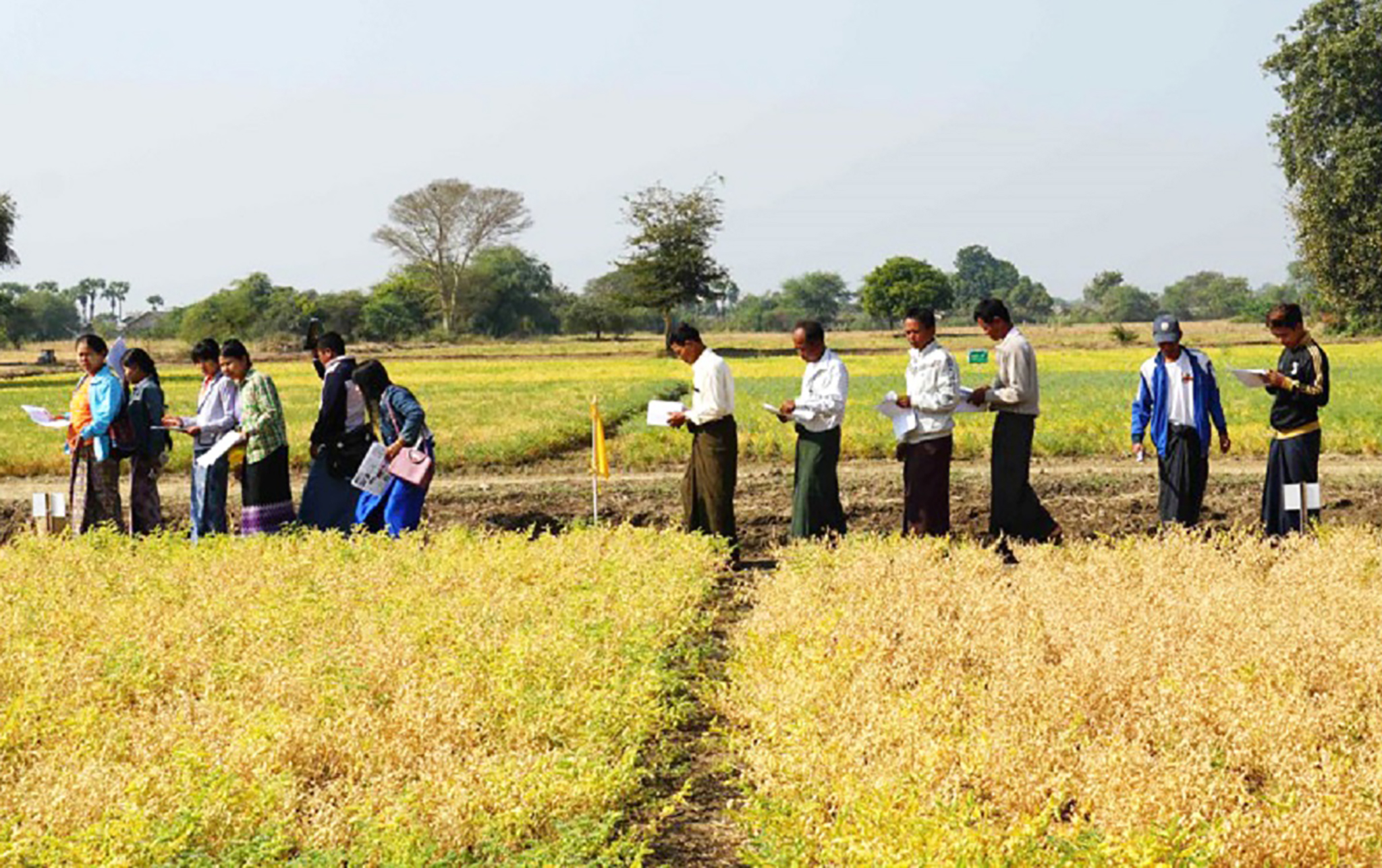
ICRISAT's steadfast partnership with Myanmar's Department of Agricultural Research (DAR) and Myanmar Agriculture Service (MAS) since 1976 has grown stronger through active engagement in the Cereals and Legumes Asia Network (CLAN), resulting in the first Memorandum of Understanding (MoU) in 1986.
Across four decades, ICRISAT has driven the modernization of Myanmar's crop improvement programs, notably increasing genetic gains and operational efficiency. Notable successes include extra-large-seeded kabuli chickpea and early-maturing pigeonpea, boosting yields and profits for farmers. Health-beneficial high-oleic groundnut varieties and nutrient-enriched sorghum have also resulted from this collaboration.
Beyond varieties, ICRISAT contributes to capacity building, knowledge exchange, and technology transfer, strengthening Myanmar's research and extension systems. This enduring partnership demonstrates shared dedication to advancing agricultural research, innovation, and sustainable solutions that elevate farmers' livelihoods and enhance food security.
For over 40 years, ICRISAT has partnered with the Philippine National Agricultural Research and Extension System (NARES), fostering significant agricultural development since 1975. In 2004, ICRISAT enhanced this collaboration through a Memorandum of Agreement (MoA) with the Department of Agriculture – Bureau of Agricultural Research (DA-BAR), focusing on legume technology adoption for sustainable productivity.
Through these partnerships, ICRISAT has shared germplasm of vital crops like groundnut, pigeonpea, chickpea, and sorghum, supporting local farmers with improved varieties.
ICRISAT's impact is notable in two key initiatives: The groundnut Asha has seen wide adoption for higher yields and quality, and Bhoochetana's success in sustainable land and water management has been upscaled across Quezon, Zamboanga, and Leyte.
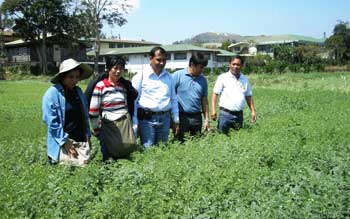
These achievements reflect the positive outcomes of teamwork between ICRISAT, NARES, DA-BAR, and others, advancing agriculture and farmers' lives through research, knowledge exchange, and technology transfer.
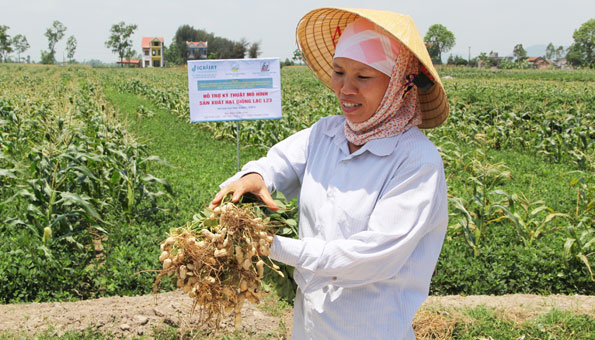
ICRISAT partners closely with Vietnam's Ministry of Agriculture and Rural Development (MARD) and the Vietnam Academy of Agricultural Sciences (VAAS) to address agricultural challenges and promote sustainable development. Together, we have achieved key milestones:
Developing biofuel supply chains, enhancing bioenergy crop production and utilization through improved varieties and sustainable practices.
Integrating watershed management initiatives improve soil health, water availability, and mitigate erosion and runoff.
Empowering Vietnamese farmers to adapt to climate change with resilient crop varieties, smart practices, and capacity-building.
ICRISAT's collaboration with MARD and VAAS introduces improved crops and technologies, enhancing productivity and quality.
To partner with the world’s premier drylands institute, please get in touch